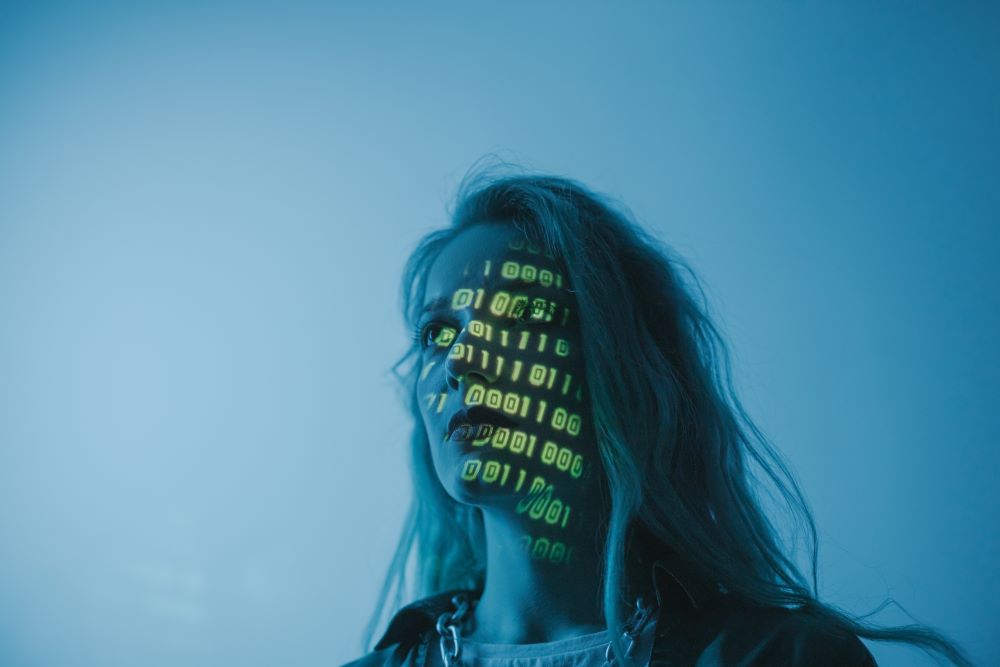In the rapidly evolving landscape of law and technology, vigilance must be maintained to harness the potential of AI without falling victim to its shortcomings.
Legal technology has often stirred my unwavering support as I am convinced of its potential to revolutionize the legal profession. By adopting these digital innovations, lawyers can turbocharge their productivity and shed mundane tasks, freeing up their time to do what they are best at, practice law.
Technological innovation in law also creates a clear way to improve the access to justice problem by lowering the cost of legal services and thus making justice more accessible. There is no shortage of lawyers or a shortage of money in the world. Just a shortage of people willing to pay $350/hour for an indefinite number of hours.
Ignoring these innovations may actually lead to potential pitfalls, such as violations of Law Society or State Bar rules. These laws say that legal services should be delivered efficiently and in a user-friendly way. If lawyers refuse to use the best software and services available to them, they could be in violation of the rules.
The accelerating pace of innovation, however, necessitates that lawyers – particularly those working in-house – stay vigilant while leveraging these technologies for client services and internal transactions.
Regardless of what Law Society and State Bar rules say, it’s generally uncontested that innovative lawyers will outperform lawyers who fight positive change.
ChatGPT and Google Bard
AI tools like ChatGPT and Google Bard, which initially found usage in creating music, narratives, and greeting cards, are now being harnessed by law firms for tasks like drafting documents, conducting legal research, and rewriting demand letters. These tools generate results based on a wealth of historical data, legal precedents, and past practices.
While ChatGPT can be a beneficial aide for generating a basic structure for legal arguments or documentation, it doesn’t replace lawyers.
The real value of a lawyer shines through their ability to craft unique arguments, sense the mood of the judge, and make accurate risk assessments for their clients. An AI tool that solely depends on past data would be inadequate at performing these critical roles.
The reliance on historical data could cause these AI tools to inadvertently mirror human biases, ideologies, and moral judgments. Law is constantly evolving, and ChatGPT is still using data from September 2021.

Lawyers who put uncritical faith in the outputs of these tools could potentially cause harm to their clients, the public, and society at large. The maxim “garbage in, garbage out” rings true even with advanced legal technology.
Infringing confidentiality agreements by using AI
AI could easily leak confidential documents into the public domain, infringing confidentiality agreements and potentially having far-reaching competitive repercussions. Clear communication about the usage of these online tools is essential, particularly concerning business-sensitive documents.
As the legal industry continues to evolve, staying updated with the latest developments in legal technology is crucial. While lawyers should aim to provide efficient services, they should be mindful of the potential risks these tools might pose to their legal practice or organization.
The introduction of such advancements is indeed beneficial, but they can cause problems without appropriate protective measures.
Why Lawyers Should Be Careful Using AI
Lawyers find themselves at the forefront of a technological revolution as AI has begun to infiltrate their profession. It offers promising capabilities, from document automation to predictive analytics. However, these digital advancements also bring a wave of necessary caution.
AI, while increasingly accurate, is not infallible. Errors can and do occur, and these may lead to misinterpretations of critical legal data or erroneous advice to clients. In a realm where precision is paramount, such slip-ups could translate into damaging lawsuits or shattered reputations.
Even as AI algorithms sift through and understand language in a way that rivals human cognition, they lack context. Without a sense of the broader societal, cultural, and historical considerations, an AI tool might overlook important elements that a human lawyer wouldn’t.
Furthermore, it’s important to remember that AI is a tool, not a replacement for human judgment. The cold logic of algorithms can’t substitute for the ethical discernment, creativity, or empathy a lawyer brings to their work.
There is also the question of responsibility. If an AI system makes an error, who’s to blame? The lawyer? The software developer? The firm? As AI increasingly becomes an accomplice in the legal profession, it’s imperative to consider this accountability conundrum.
In the rapidly evolving landscape of law and technology, vigilance must be maintained to harness the potential of AI without falling victim to its shortcomings.


Join the conversation!